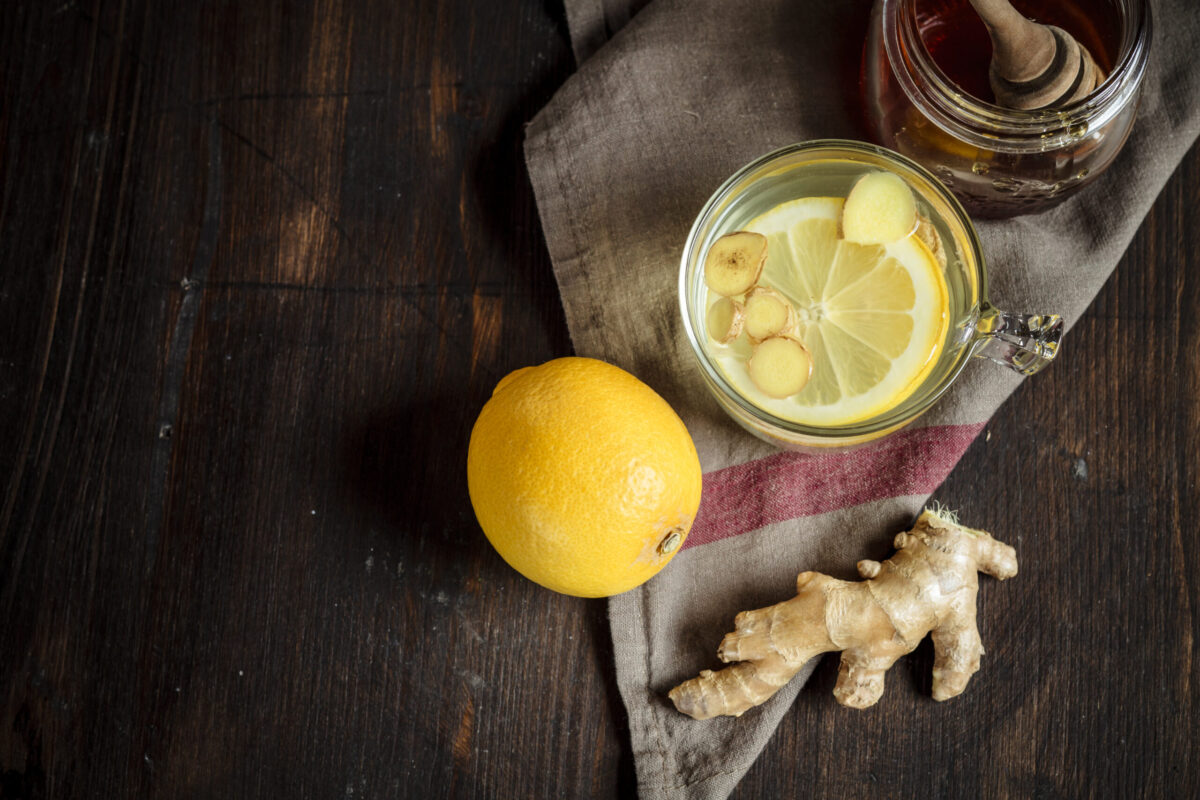When it comes to the flu (or “influenza”), the biggest thing you need to know this year is that you still need a flu shot. According to the CDC, almost everyone 6 months and older (with rare exceptions) needs a flu shot every year.
The flu shot is a safe way to:
- Help prevent you from getting the flu
- Keep people with chronic health conditions healthy
- Protect pregnant women and young children
- Reduce the severity of the flu if you do get it
- Protect people around you
While COVID and the flu are caused by different viruses, it’s important to remember how serious the flu can be. Experts aren’t sure yet how it could affect someone to have both viruses at the same time, so preventing the flu is even more important this year.
Here are up-to-date recommendations from the experts, as well as information on how nutrition can play a part in flu prevention and treatment.
Preventing the flu
The best ways to prevent the flu are to:
- Get a flu shot
- Wear a mask in public
- Practice social distance
- Get plenty of rest
- Manage stress
- Focus on healthy eating
“When it comes to keeping your immune system in the best shape possible, nutrition is key,” says Leslie Cornett, registered dietitian and nutritionist for BlueCross BlueShield of Tennessee. “Eat lots of fruits, veggies and lean proteins, as well as foods rich in vitamins and minerals.”
“There’s so much value in building strong immunity going into flu season, both for prevention and to decrease the length and severity of the illness if you do get the flu.”
Treating the flu
First and foremost, call your primary care provider if you believe you have the flu. If you test positive, focus on getting as much rest as possible and rehydrating. Then you can add on additional therapies, says Cornett.
“Just by having the illness, there are multiple things going on in your body that can cause dehydration,” says Cornett. “Vomiting and diarrhea, for example, make it extra important to focus on hydration. It’s also important to keep your body fueled with healthy, nutritious foods when it’s run-down. Ultimately, you need to eat whatever your body is tolerating, whether that’s soup or broth or bland foods like toast.”
What to eat and drink when you have the flu
“No food or drink can replace the flu shot, or your healthcare provider’s expertise,” says Cornett. “Think of nutrition as a supplement, not a replacement.”
Water
“Water is the purest form of rehydration, so use it to replenish as much as possible,” says Cornett. “If you don’t like plain water, try adding a squeeze of citrus.”
Electrolyte drinks
“Electrolyte replacement drinks or sports drinks are definitely an option,” says Cornett. “Opt for the zero-calorie versions over regular sports drinks, which can be loaded with sugar.”
Warm drinks
“Hot beverages like non-caffeinated tea are excellent for hydration,” says Cornett. “You can also make a hot drink with hot water, ginger and honey.”
Honey
“Honey is thought to have cough suppressant properties, as well as antioxidant properties,” says Cornett. “Just be sure not to give children younger than 1 honey for safety purposes.”
Soup or broth
“Not only do soup and broth help with dehydration, but some studies show that they have antiinflammatory properties and may help clear up mucus,” says Cornett.
Go around the world with chicken soup here.
Elderberry
“Preliminary studies suggest that elderberry fruit may have immune boosting properties and may shorten the duration or severity of the flu,” says Cornett. “Specifically, the black elderberry sambucol may help alleviate flu symptoms.”
What not to eat and drink when you have the flu
Avoid:
- Caffeine and alcohol, both of which can cause dehydration
- Greasy or fatty foods, which may be harder to tolerate on an upset stomach
- Milk or dairy products, which can increase congestion and phlegm
See more flu resources from BlueCross, including where to get a shot here.
Get more information about specific health terms, topics and conditions to better manage your health on bcbst.com. BlueCross BlueShield of Tennessee members can access wellness-related discounts on fitness products, gym memberships, healthy eating and more through Blue365®. BCBST members can also find tools and resources to help improve health and well-being by logging into BlueAccess and going to the Managing Your Health tab.





